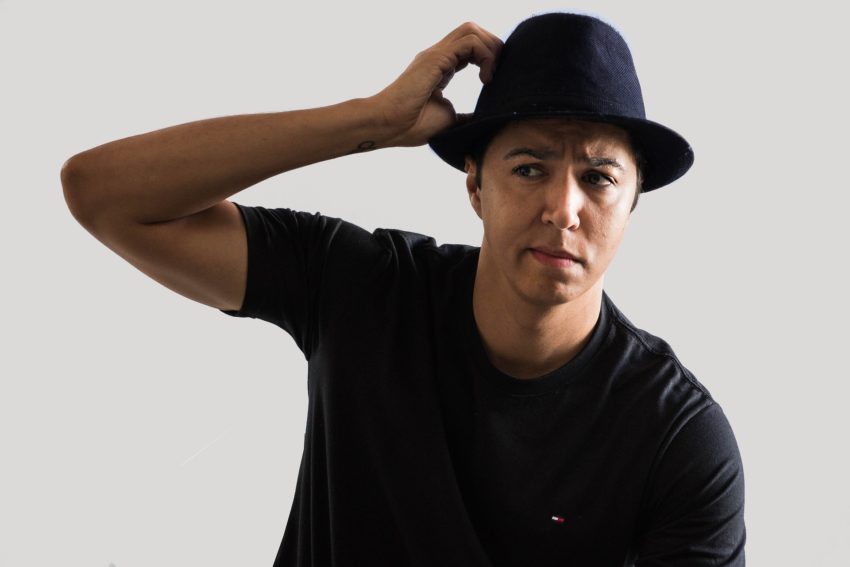Imagine this: a student comes up to me after class and tells me he’s going to miss class for a few days. He needs to have surgery. He says:
If you have any doubts, I can ask my doctor to talk to you.
I say:
Of course I don’t have doubts! You wouldn’t lie to me!
He is confused. I am saddened. Why does he think I don’t trust him?
Or this:
I am sitting in a webinar for people learning to speak Spanish. As she signs off, the instructor says:
If you have any doubts, email me.
I laugh. If people share their doubts, she is about to get emails that say things like
I fear I am too old to learn a new language!
I can’t understand when you speak so fast!
I don’t think I’ll ever remember all the verb tenses.
Or even—
I think you got that part about the subjunctive wrong!
In Spanish dudar is to question. But when native English speakers have doubts, they are struggling to trust--either themselves or someone else. When they have questions, they can get answers.
In both of these scenarios, native English speakers would say
If you have any questions (preguntas)—
A question (pregunta) has an answer, or at least a way to get more information.
How do you say cat in Spanish?
What is the capital of Ecuador?
What are the long-term effects of COVID?
For native English speakers, doubts (dudas) are times we feel uncertain about what we’re hearing, who is talking, or even our own judgement.
He told me he’d take me shopping, but I doubted it. [I don’t think this will happen because he’s disappointed me in the past!]
I want to speak Spanish, but I doubt I am ready. [I don’t trust my own preparation or skill.]
The priest started to doubt his faith when vandals destroyed the church. [This is the worst kind of doubt! An existential crisis!]
So, if you tell an English speaker I have doubts, you are warning them you feel uneasy, suspicious, or uncertain.
In my student’s case, he was implying that I might think he was lying and would need to check up on him. No wonder we both felt weird about the conversation!
My student could have said
If you have any questions, you can talk to my doctor.
Questions seek information. I would ask things like this:
How long will my student be out of class?
Do I need to make special arrangements for his in-class tests?
Will he be able to use his hand to write?
Doubts express uncertainty. A doubtful teacher (not me!) might say:
A sudden surgery? I doubt that. Hmmm… Let me talk to the doctor to make sure that’s why you’re missing class.
Very different!
You can think about doubts as feelings. Their main message is disbelief or uncertainty–something’s off. If you doubt something, you feel unsure; you feel wary about it; you call it into question. Could this be true?
I was hired for the job, but I was plagued with doubt about messing up.
After an hour, I started to doubt the veterinarian remembered I was waiting for her.
The little girl said her imaginary friend had eaten all the cookies. Doubtful.
Questions tend to have a way to find concrete answers–
There was some question about who the child’s father was, but a DNA test removed all doubt.
The student questioned the accuracy of her test scores. A talk with the teacher removed all doubt.
If you have any questions about using ser and estar, ask me.
So doubt is about a feeling of disbelief or uncertainty. Questions are usually asking for specific information or clarification–just the facts, m’am.
If you have any questions—

